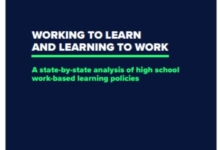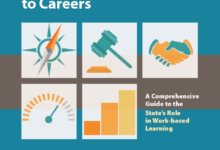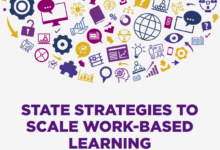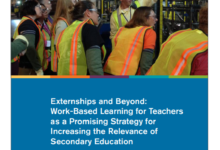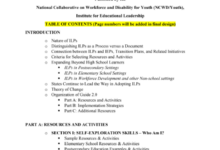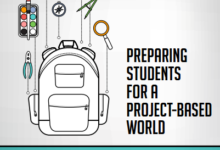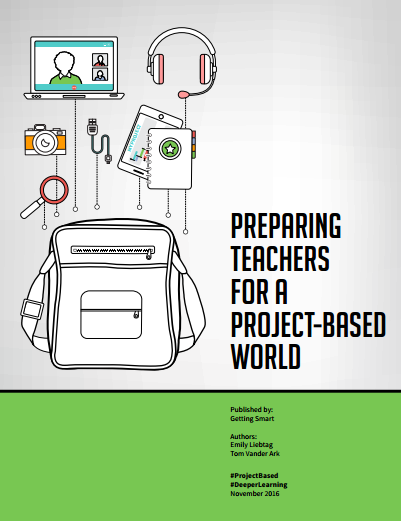The Buck Institute for Education defines project-based learning (PBL) as “a teaching method in which students gain knowledge and skills by working for an extended period of time to investigate and respond to an engaging and complex question, problem or challenge.” PBL is becoming widely utilized as a strategy to make learning relevant and actionable for students and to help prepare them for success in today’s “gig” economy. With about one-third of American workers now engaged in freelance or project-based work, teachers, leaders and policymakers should consider how PBL can be used to strengthen the critical thinking and entrepreneurial skills necessary for college and career success.
This report from Getting Smart and the Buck Institute for Education is the second in a three-part series examining how project-based learning can prepare students for success in the 21st century economy. Other reports in the series, Preparing Students for a Project Based World and Preparing to Lead in a Project-Based World, explore how to provide relevant, hands-on learning opportunities for students. This report examines strategies and key design principles for preparing teachers to integrate project-based learning into the classroom.

